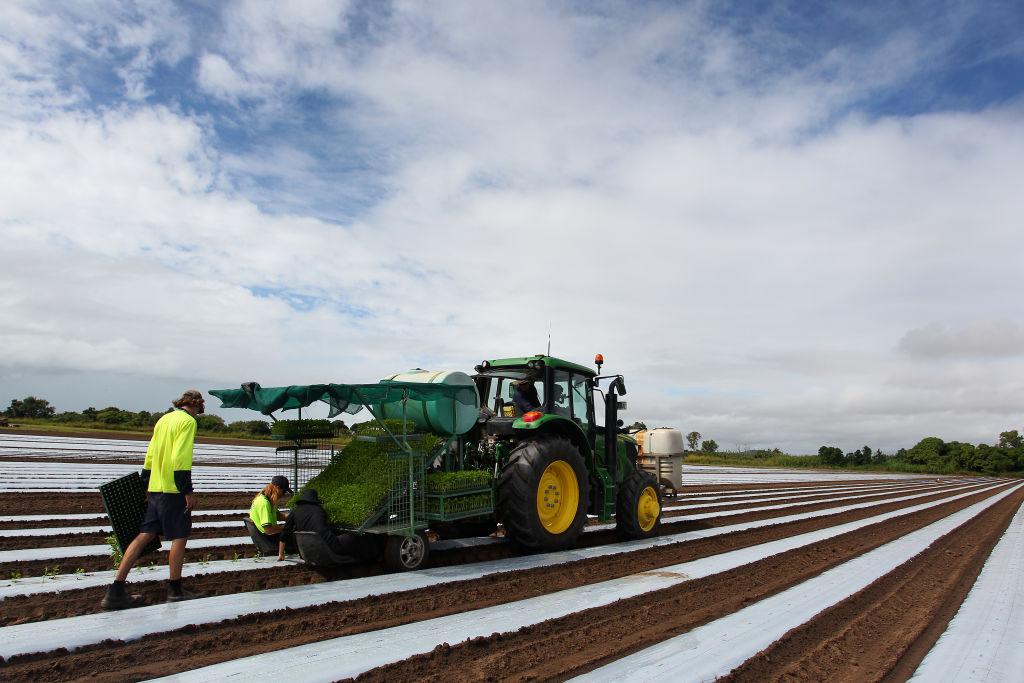Nationals Party leader David Littleproud said the agriculture industry currently faces a workforce shortage of over 170,000 workers, which the Nationals say will only get worse if the federal government scraps the agricultural visa.
Littleproud warned the shortage would steer Australia dangerously close to a food security crisis that could lead to further spikes in cost of living.




